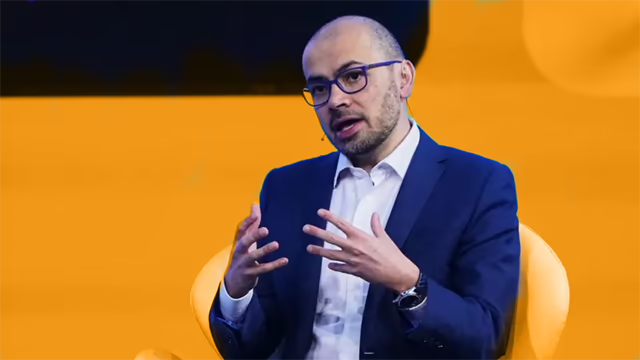Professor Demis Hassabis, a British computer scientist and co-founder of Google DeepMind, has just been awarded the Nobel Prize in Chemistry for groundbreaking work on proteins—the building blocks of life. Hassabis, 48, shares the honor with Professor John Jumper, 39, and Professor David Baker, 60, based in the US.
The Nobel committee praised their AI tool, AlphaFold2, as a “complete revolution” for its ability to predict the structure of nearly all known proteins—200 million in total. Previously, scientists could only determine the structure of a small fraction of proteins, despite their importance in medicine. Protein structure determines how they function in the body, and understanding this is key to targeting them for treatments.
AlphaFold2 provides new ability to analyze the interactions of existing proteins and to develop new ones. The significance of the new AI system will play a crucial role in medicine, helping solve issues like antibiotic resistance and even breaking down plastics. Hassabis called receiving the Nobel the “honor of a lifetime” and spoke about his lifelong dedication to AI, emphasizing its potential to change the world. Amusingly, the Nobel committee couldn’t reach him directly—they had to call his wife, who ignored the call at first, thinking it was unimportant, and didn’t answer the calls until she realized they were coming from Sweden and that they might be important.
Demis Hassabis also encourages kids to not just play video games but to create them, saying it was his own love of gaming that led him to experiment with AI.
Jumper, who worked closely with Hassabis, described the award as surreal, saying, “The prize represents the promise of computational biology.” He, too, had a tricky time getting the Nobel call, initially mistaking the Swedish number for something as mundane as a delivery notification.
The other half of the prize went to Professor David Baker, who in 2003 achieved what was once thought impossible: creating new proteins using amino acids. His work paved the way for advances in vaccines, pharmaceuticals, and more. Baker, who developed a computer program for predicting protein structures in the 1990s, said he was “very excited and honored” by the recognition.
The prize was announced by the Royal Swedish Academy of Sciences in Stockholm, with the winners sharing 11 million Swedish kronor, around £810,000. Half goes to Baker, while Hassabis and Jumper share the other half.
Demis Hassabis, who grew up in London with Greek-Cypriot and Singaporean parents, was a chess prodigy, achieving master status at 13. He graduated with a degree in computer science from Cambridge after working in video game design. In 2010, he co-founded DeepMind, and Google acquired the company in 2014. His work combines neuroscience and machine learning, and it’s now earned him one of the highest honors in science: the Nobel Prize.
The SCIFI.radio connection: Nur Hussein was one of our regular contributors here on the SCIFI.radio web site. Using that body of work as a portfolio, he landed a full time job as a tech writer for Linux Times, and then went from there to Google Deepmind. We’re proud of you, Nur. – ed.
![]()













You must be logged in to post a comment.